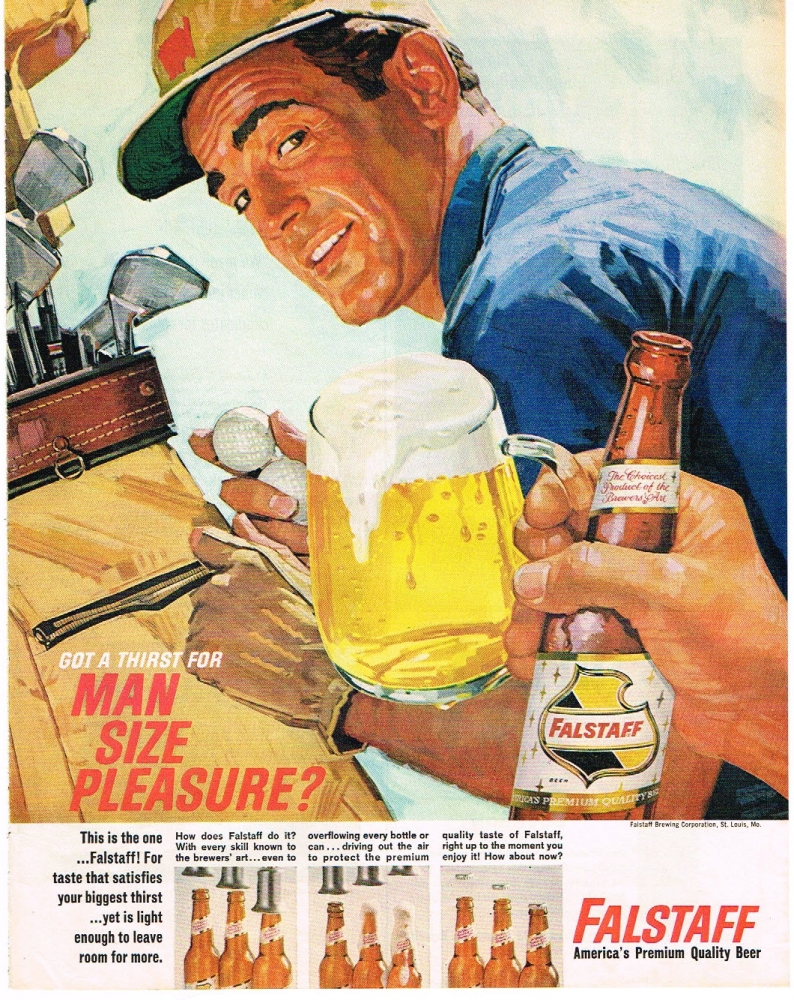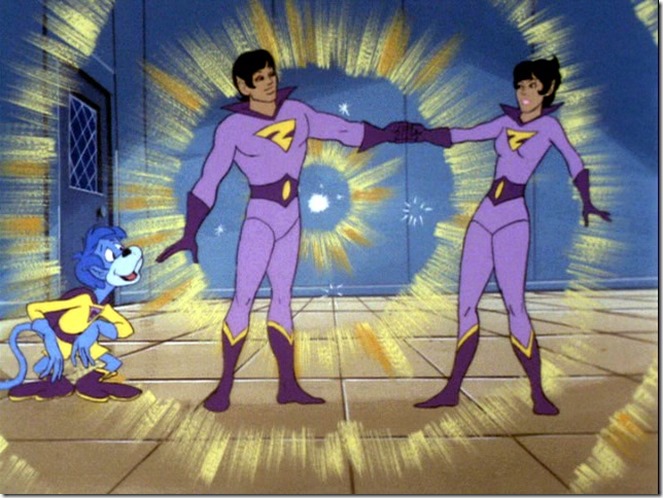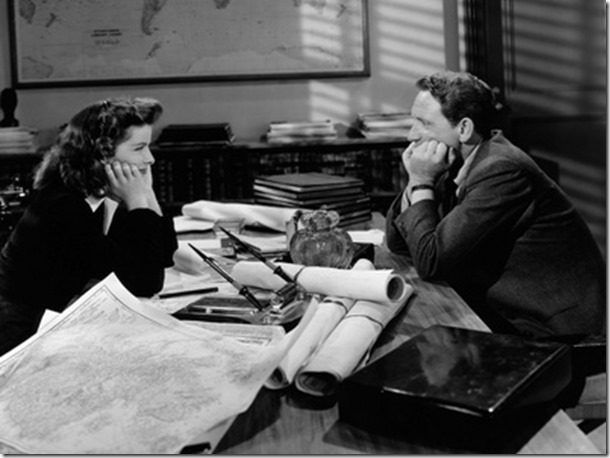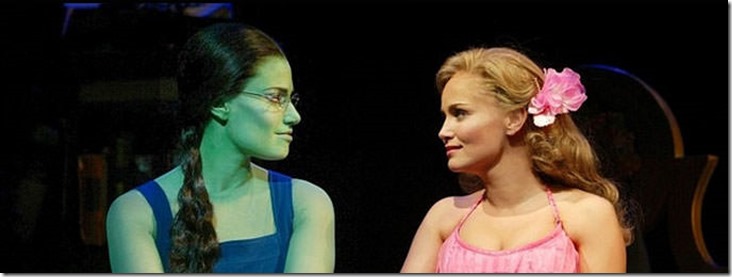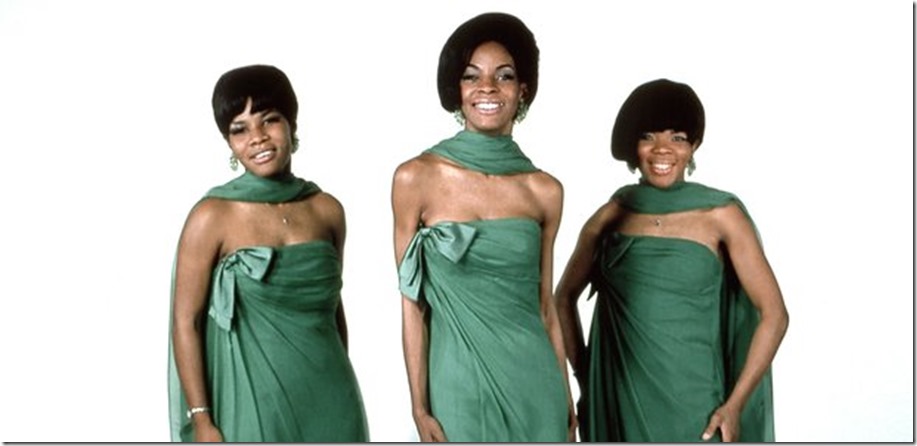
Hello, again – it’s hot out there. It’s hot here, anyway. The summer still doth tend like crazy upon my state of Kentucky, where Kentucky Shakespeare’s summer season is here and the time is right, despite the undoubtedly educated opinion of Martha Reeves and both Vandellas, for Shakespeare in the park. There are some majestic (and blessedly shady) trees surrounding the stage, good friends to all of us in the cast.
Cypress and gingko, they are. The trees, not the cast. I like to touch at least one before each show. That’s trickier since the stage redesign has brought all three onto the stage – I have to sneak and do it before we start – but I manage. I’ve lobbied repeatedly for naming them Cordelia, Lavinia, and Rosalind (center, left, and right, respectively) which seems useful, but then I’d have to go into the whole Rosalind-with-a-long-i conversation and I want to put that off until unavoidable.
But doth the summer still tend upon my state, or doth it still tend upon my state? Titania is impressive, no question, and has every right to brag. But the word “still” in that line is tricky. It doesn’t mean “the summer continues to wait on my delicious royalness”. It means “the summer always/continuously waits on my delicious royalness”. Which is a fine point, but. Still.*
David Crystal (insert my own Shakespeare nerd fanboy noises here) snags a phrase from comparative semantics (faux amis) and in several of his writings calls such words “false friends”. They look familiar, but they’re often misleading.
Here are a few you might encounter during the 2018 Kentucky Shakespeare summer season in particular:
JEALOUS
This one’s fairly important, one could say, in Othello, and turns up in Errors as well. It has little to do with envy, which is how we commonly use it – “Your vacation pics! I’m so jealous!” – and much to do with suspicion and/or vigilant watchfulness. In Taming of the Shrew, Petruchio finally levels with someone he & Kate have been messing with and says, “Come go along and see the truth hereof,/ For our first merriment hath made thee jealous.” Keep a particular eye out for this one. A jealous eye, even.
DISTRACTED, MATED
Two of the many euphemisms for mental instability our language has provided over the centuries. “Distracted” occurs several times in Errors and it does not mean “having a deficit of attention” but “insane”. “Ditto “mated”, which means something “amazed” or “overcome”, with sort of a sense of temporary insanity, though it retains the modern meaning of “found a romantic partner” as well. This gets played with in Errors, in fact: Luciana asks the twin who’s not her brother-in-law if he’s mad and he, in love with her almost at first sight, responds, “Not mad, but mated.” Later, as the Duke tries to get everyone’s loopy stories to match up, he says he thinks they “are all mated, or stark mad,” that is, “temporarily crazy, or perhaps just all the way there”. The jury is still out when we finish Act V. Those people are not right, none of them. Maybe Balthazar, tops.
COMPACT, FRAMED
In Shakespeare, “compact” (emphasis on the second syllable) means “made of” not “squeezed tightly together like the trash in the Death Star”. Theseus, in a once-famous speech toward the end of Midsummer that now gets cut most of the time, says “The lunatic, the lover, and the poet/ Are of imagination all compact” – which makes more sense when you know this definition. Think of the Mayflower Compact, if that helps.
Same goes for “framed” – the “made of” meaning hangs on now in the sense of a construction team framing a house. In Othello, Cassio is described (by Iago, so, grain of salt) as “framed to make women false”. I guess it’s a compliment?
FROM
This can mean “from” in all the same ways we use, but also has a nice concise one-word easy-to-fit-into-verse sense of “away from” or “far from” – “we are now from home” the emphasis is on being away, not on having come from there. If that makes sense. It’s tricky, but when the actors help, it’s pretty clear.
SO
Falstaff loves this one, and it’s all over Henry IV part 1. It roughly corresponds to our “there it is” or “so be it” or “que sera sera”, “it is what it is” or whatever other cliché we’re using to indicate a fraudulently resigned shrug these days. One of Falstaff’s many idle threats: “If Percy be alive, I’ll pierce him: if he do come in my way, so: if he do not, if I come in his (willingly) let him make a Carbonado of me.” (That’s a piece of meat slashed up for broiling. There’s also a nice play on “Percy” and “pierce”, which would have sounded a lot more like one another 400 years ago; alas, that joke is gone.)
TOWARD (FROWARD)
This one often means “in the making” or “afoot” in Shakespeare – “Do you hear aught, sir, of a battle toward?” is somewhere in Lear, I think. At other times it means “docile” or “willing/compliant” and is linked to “froward”, a word meaning the opposite (“stubborn”, “willful”) and one that we don’t use at all anymore. Think “to” and “fro” if that helps.
FEAR/DOUBT
This is particularly tricky to the ear – “fear” can also mean “fear for”. So when someone says “He was much feared by his physicians” they mean the doctors were worried, not afraid of him. Fear can also mean “doubt”, as in Gertrude’s “Fear me not” to Polonius as he mansplains her relationship to her son to her (he gets a shiv right after, so all is well…).
That should hold us over for now, yes? Usually context (and the inflection of friendly actors) makes this sort of clear, but it pays to have the ears ready.
Now that I think of it, perhaps we could name the trees Martha, Betty, and Rosaland? I don’t think the Vandellas would object.
*It doesn’t mean there’s seasonal moonshine machinery nearby either, but, yes, we are in Kentucky and yes, that’s still (sigh) a thing, though less an issue in these days of trendy home brewing.


